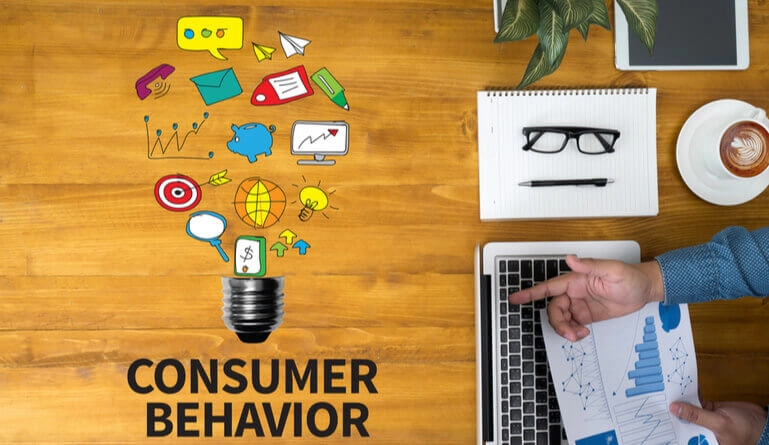Introduction to Consumer Behavior
Consumer behavior refers to the study of individuals’ actions, preferences, and decision-making processes when purchasing goods or services. It delves into the psychological, social, and cultural factors that influence consumers’ buying behavior, shaping their attitudes, perceptions, and purchasing patterns. Understanding consumer behavior is essential for businesses to develop effective marketing strategies, tailor products to meet customer needs, and drive sales growth in today’s competitive marketplace.
Understanding the Importance of Consumer Behavior
Insight into Customer Preferences
Studying consumer behavior provides invaluable insights into customer preferences, tastes, and buying habits. By understanding what motivates consumers to make purchasing decisions, businesses can tailor their products, services, and marketing messages to resonate with their target audience effectively.
Competitive Advantage
A deep understanding of consumer behavior gives businesses a competitive advantage in the marketplace. By anticipating consumer needs and desires, identifying emerging trends, and staying ahead of competitors, companies can differentiate their offerings, build brand loyalty, and gain market share.
Enhanced Marketing Effectiveness
Effective marketing hinges on understanding consumer behavior and crafting messages that appeal to target audiences. By segmenting consumers based on demographics, psychographics, and behavior patterns, businesses can personalize marketing campaigns, optimize advertising channels, and maximize the impact of their marketing efforts.
Key Factors Influencing Consumer Behavior
Psychological Factors
Psychological factors such as perception, motivation, learning, and attitudes play a significant role in shaping consumer behavior. Perception influences how individuals interpret and respond to marketing stimuli, while motivation drives them to satisfy their needs and desires through purchasing decisions. Learning involves acquiring new information and experiences that influence consumer preferences, while attitudes reflect individuals’ beliefs, values, and opinions towards products or brands.
Social Factors
Social factors such as family, culture, reference groups, and social media influence consumer behavior by shaping norms, values, and social identities. Family influences purchasing decisions through roles, responsibilities, and household dynamics, while culture defines shared beliefs, traditions, and customs that impact consumer preferences. Reference groups and social media exert influence through peer pressure, social comparison, and word-of-mouth recommendations, shaping consumer attitudes and purchasing behavior.
Economic Factors
Economic factors such as income, price sensitivity, and purchasing power influence consumer behavior by affecting individuals’ ability to afford goods and services. Income level determines disposable income available for spending, while price sensitivity reflects consumers’ responsiveness to changes in prices and discounts. Purchasing power refers to the ability to purchase goods and services at different price points, influencing consumption patterns and brand choices.
The Consumer Behavior Process
Need Recognition
The consumer behavior process begins with need recognition, where individuals identify a gap between their current state and desired state, prompting them to seek solutions to fulfill their needs or desires.
Information Search
Once a need is recognized, consumers engage in information search to gather information about available options, brands, features, and prices to make informed purchasing decisions.
Evaluation of Alternatives
Consumers evaluate alternative options based on criteria such as price, quality, brand reputation, and personal preferences, weighing the pros and cons before making a purchase decision.
Purchase Decision
After evaluating alternatives, consumers make a purchase decision by selecting the product or service that best meets their needs, preferences, and budget constraints.
Post-Purchase Evaluation
After making a purchase, consumers engage in post-purchase evaluation to assess their satisfaction with the product or service based on their expectations and experiences.
Conclusion
In conclusion, consumer behavior is a multifaceted field that explores the intricacies of human psychology, social influences, and economic factors driving purchasing decisions. By understanding the factors influencing consumer behavior and the consumer behavior process, businesses can develop targeted marketing strategies, enhance customer engagement, and drive sales growth in today’s competitive marketplace.





